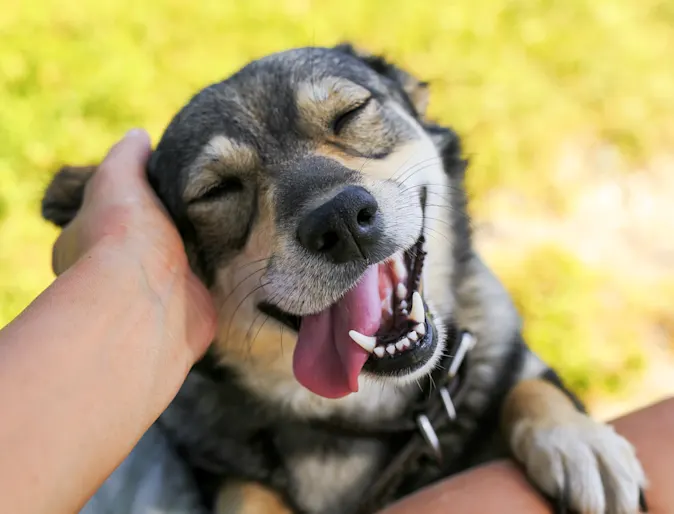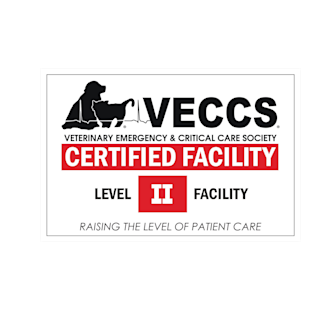East End Veterinary Center (EEVC)



24/7 Emergency
East End Veterinary Center remains the only 24/7, 365 day-a-year emergency veterinary hospital in Eastern Suffolk County.

Client Registration
If your pet is in need of care at our hospital, please complete the check-in process on our client portal.
Client Testimonials & Reviews
We at East End Veterinary Center have been dedicated to providing our care to the Long Island and Suffolk County communities since 2000, and we strive to treat your pets with the same care and compassion as if they were our own.

